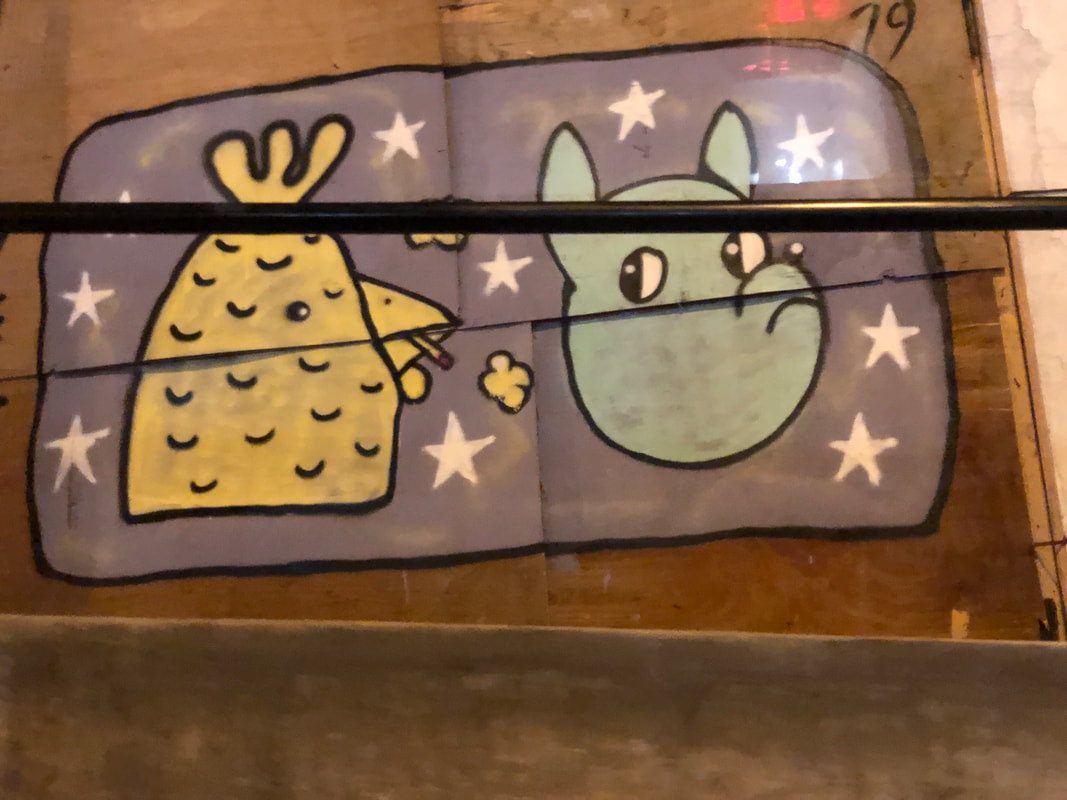|
I was asked to speak at a panel on Friday about how instructors in our program work with the e-portfolio in their classes. When it was my turn to speak, I started by admitting (1) my initial skepticism about the e-portfolio and whether or not it was actually useful, and (2) the fact that I didn’t know everything about how to best prepare my student teachers and, in fact, that I was still figuring things out. I then went on to talk about some of the technical things that I do in my instruction with the portfolio. After the presentation, a lot of people came up to me or emailed me to thank me for the presentation–not for my technical and concrete ideas about how to integrate the portfolio, but for speaking about my skepticism and my figuring-it-outness. Several people felt that I was describing exactly where they are right now and how helpful it was to hear that someone else had been there, too. While of course I was flattered to get such positive feedback, I was also a little troubled. We all seemed to be muddling through the same skepticism, the same figuring-it-outness, and we didn’t know it. We didn’t talk about it. We were all muddling through alone. My own initial forays into research on teacher education seem to suggest the same thing: We don’t really know how to best educate teachers to be the kind of teachers we envision our society needs. We write and talk about what we specifically do in our individual classes, presenting case studies of individual classrooms as if they are magic formulas, rarely admitting when our instruction goes awry, when our teachers perplex us, when the tools we are set up to use (like the e-portfolio) fail us. We all put on our best faces and ‘collaborate’ only by sharing our successes. But we’re all still muddling through, skeptical, figuring it out, unsure of our next pedagogical move. Which got me thinking about teachers in general. While a little better at admitting that they don’t know or that something isn’t working (in part because, if something really isn’t working with a particular student, there are extra resources–or mandates–at our disposal to figure out what will work), teachers can also be reluctant to admit that they don’t always know how best to do their job. Why is this? Well, for one, it’s our job: Shouldn’t we know how to do it best? Maybe we’re just putting on our game face. There’s also the issue of competition: Everyone wants to seem as smart and as competent (if not moreso) than the next person. And, then, there’s the not so little aside that many of us tend to be know-it-alls. I don’t think it’s that we’re not reflective, or that we all really are ‘succeeding’ at every single minute of our practice, or even that we’re scared to admit that we don’t always know. But if Friday showed me anything, it’s that we’re waiting for someone else to admit it first. So I admit: I don’t always have the answer. I don’t always know how to best educate teachers. I don’t always think that the ‘wisdom’ of those in charge–their tools, research, opinions–are correct. And I’m still and always figuring it out.
0 Comments
Leave a Reply. |
AboutWhile living in Mexico, I joked that speaking Spanish forced me to be far more Zen about life: Since I could only speak in the present tense, I was forced to just live in that present tense. Archives
October 2023
Categories
All
photosLike what you see? That's mostly Ross Freshwater. Check out my talented partner-in-life's photo gallery. |

 RSS Feed
RSS Feed